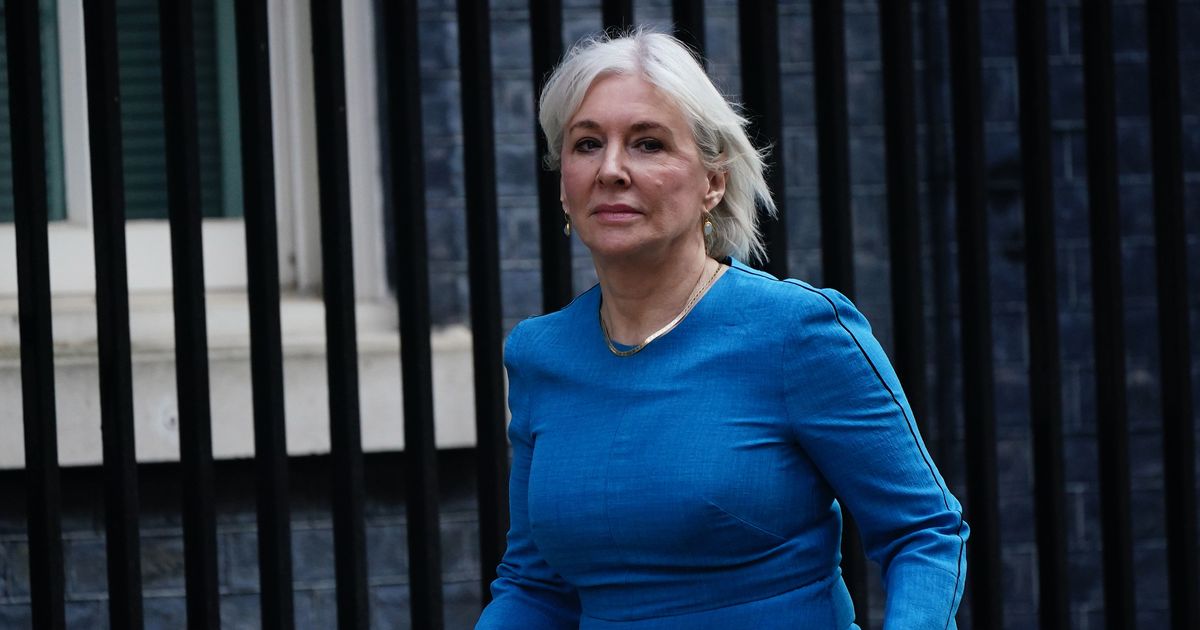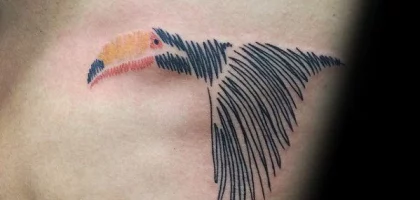The digitization of mom-and-pop shops has to be the industry that has experienced the highest increase in the number of startups and venture capital in emerging economies since the beginning of last year.
Today’s new venture takes us to Morocco, where YC-backed business Chari has secured a $5 million seed round at a $70 million valuation.
Chari was a part of the most recent Y Combinators Summer batch, which concluded joined two months ago. Chari was founded by Sophia Alj and Ismael Belkhayat last year.
The American seed-stage accelerator, Plug and Play, Village Capital/MetLife Foundation, Orange Ventures, Airbnb executives, SPE Capital, Pincus Private Equity, The Chandaria family, Michael Lahyani, and the administration of an Ivy League university all contributed to this seed round.
The current largest round of its sort in Morocco was co-led by Rocket Internet, Global Founders Capital, and P1 Ventures.
Chari wants to digitize unauthorized retailers in Morocco and give them credit. Ex-Strategy Consultants from Boston Consulting Group and McKinsey, Belkhayat and Alj, were the first to become aware of the changes in the African e-commerce market last year. Alj was given the assignment to learn how FMCGs functioned in sub-Saharan Africa while on a required trip from her prior work.
Belkhayat accompanied them as they learned the difficulties local small businesses encountered when obtaining their supplies. Prior to returning to Morocco, they had never noticed anything like that, but it was clear that mom-and-pop shops there required this kind of support.
The couple created a similar platform in Morocco as businesses like TradeDepot, MaxAB, and Sokowatch brought retailers online in other African marketplaces.
Small stores can order products from cooperating FMCG giants and local producers through the smartphone app Chari, and they will be delivered in less than 24 hours.
When regional player MaxAB moved into the nation by acquiring another YC-backed company, WaystoCap for an undisclosed sum in August after raising $55 million, Chari faced new competition.
Nevertheless, in a similar but unconnected action, Chari acquired Karny.ma , a Khatabook-like program, the same month. About 40,000 businesses receive credit and bookkeeping services from the platform, which is being used as part of Charis’ payment facility strategy.
CEO Belkhayat claims that because the acquisition gives Chari access to more shops, the company is now able to compete directly with MaxAB in the nation. He continues by saying that Chari has an advantage in the still-developing business due to the company’s excellent relationships with its suppliers.
On some digital deals, we have the monopoly. For instance, Pandamp;G only collaborates with Chari. Therefore, he said, if any other player wanted to sell Pandamp;G things, they would either have to work with Chari or purchase the stuff from the store.
With these FMCG firms, Chari has distribution agreements, and it receives a cut (10–30%) of each sale it makes to shop owners. The YC-backed startup then uses appropriate payment terms: it doesn’t have to pay suppliers in 40 days and instead gets immediate payments from nearby stores. This approach enables Chari to have a positive cash flow with an average of 15 days of stock.
Our funding increases as we expand. The CEO made a reference to the fact that Chari is on the verge of becoming profitable and stated that the major reasons for raising this money were to grow outside of Morocco and catch the attention of investors.

Chari, in contrast to MaxAB, rents its assets rather than owning them. The CEO responded that it is doubtful that Chari will subsequently embrace an inventory-heavy model when asked. According to him, renting a warehouse allows the business to grow more quickly because there are so many available in Morocco.
Tunisia, its second market after Morocco, uses the same procedure. In both locations, 100 employees operate as delivery agents, which takes care of logistics.
According to Belkhayat, the Moroccan business presently transacts roughly $2.5 million each month. Only half of the 15,000 merchants who have signed up for it routinely use the site, despite it expanding 20% month over month. When Karny is included, there are more than 50,000 businesses who use Charis goods overall.
After this seed round, Chari will go into Francophone Africa, with Cameroon, Ivory Coast, Mauritania, and Senegal at the top of the list. Additionally, the company will utilize the cash to acquire licenses to provide other financial services in Tunisia and Morocco, including as remittances, bill payments, mobile top-up, and buy now, pay later.
The fact that Chari chose to share its worth, something private African businesses rarely do, is a subtle yet impressive aspect of this news. It is simple to understand why investors are thrilled about a business from a North African nation other than Egypt commanding such a high valuation when considering its chances for B2B e-commerce retail in the MENA region. Will it lead to increased investment in the Maghreb region and Morocco? Alj, COO, hopes so.
According to COO Alj, we are pleased to guide the developing Moroccan startup ecosystem. We anticipate a long string of notable seed funding for Moroccan startups following this initial seed round.















